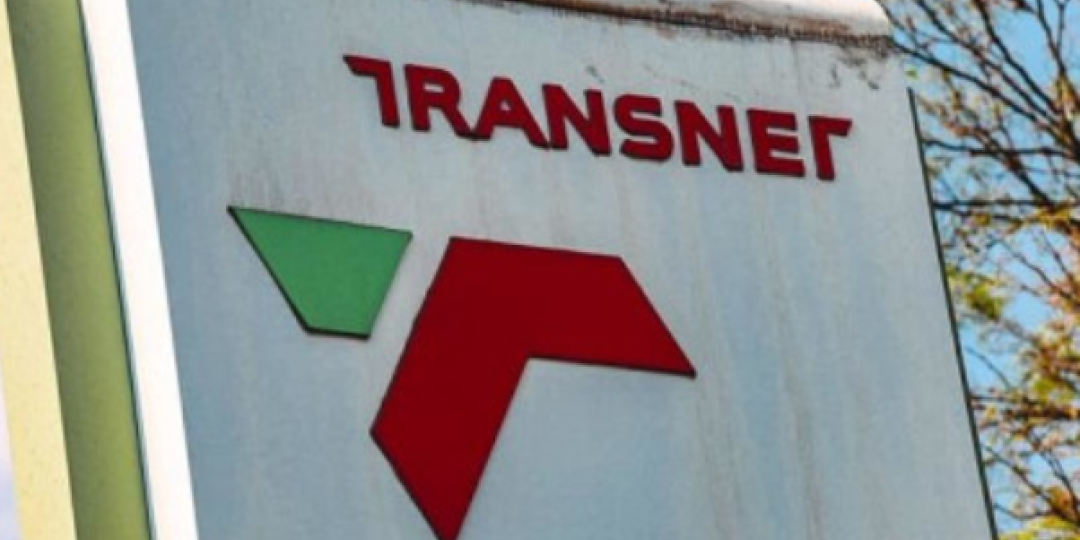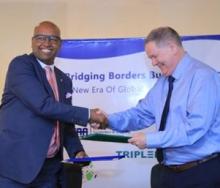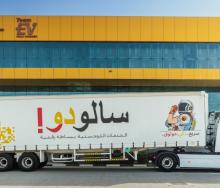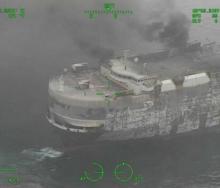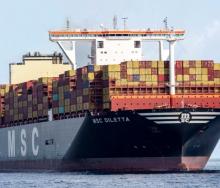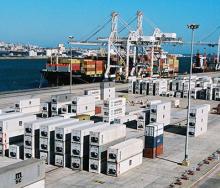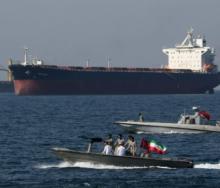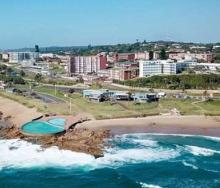President Cyril Ramaphosa called for swift action to address the crisis in South Africa’s logistics system during a meeting with members of the Transnet board and the executive management team at the Union Buildings March 28.
But will it be a case of more talk and no action?
A statement says government has set out a clear policy direction for the freight transport sector in the White Paper on National Rail Policy and in legislation such as the National Ports Act and the Economic Regulation of Transport Bill that is currently before Parliament.
During the State of the Nation Address last month, Ramaphosa announced that government would develop a roadmap for Transnet to provide clarity on the steps that needed to be taken to address the crisis and outline a path for reform.
This includes ensuring that sufficient rolling stock is available to increase the volume of goods transported by rail; upgrading infrastructure in rail and ports; addressing security challenges; and implementing reforms to enable private sector investment.
He said that work was under way between the various departments to finalise this roadmap, coordinated by Operation Vulindlela, and wanted the process to be completed “as quickly as possible”.
“We must remain focused on structural reforms to improve the efficiency and competitiveness of the transport sector in the long term.
“One of these reforms is to enable third-party access to the freight rail network by private rail operators, while the network itself remains in the ownership of the state,” he said.
He added that progress had been made to establish a separate infrastructure manager within Transnet Freight Rail by October this year as a crucial step towards creating a level playing field for public and private operators.
Ramaphosa said that strong collaboration with the private sector, organised labour and other social partners was vital to improving logistics performance. He made reference to the strong willingness shown by members of the Minerals Council and others to invest in rolling stock and other equipment, to contribute skills and resources and to pursue opportunities for collaboration.
“These collaborative efforts are essential to formulating workable solutions that will form part of a collective national effort to fix the country’s transport system.”
